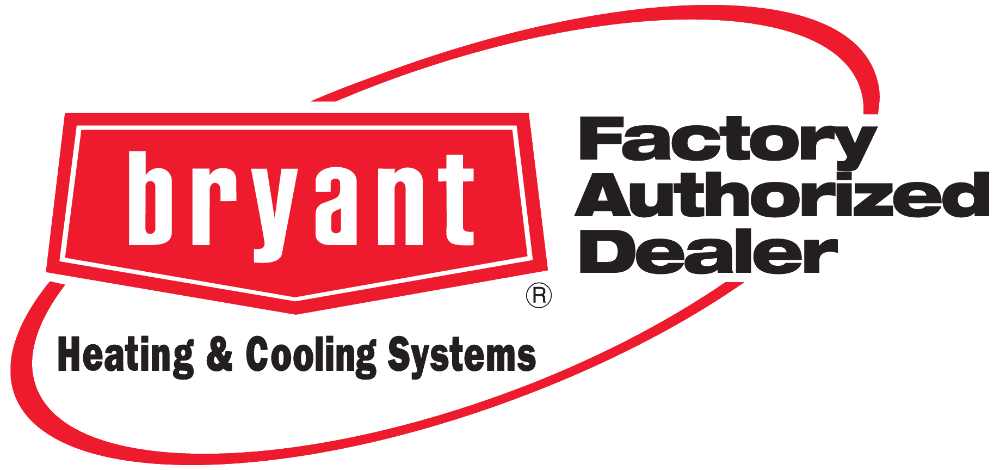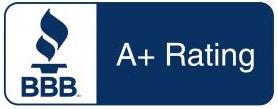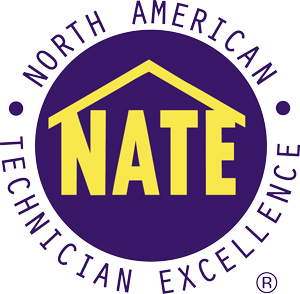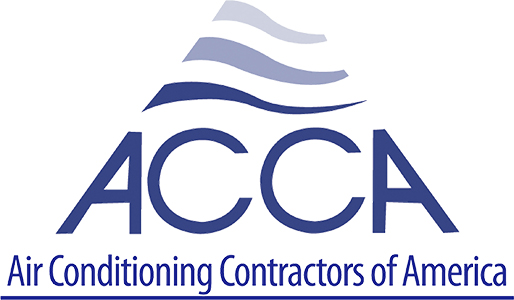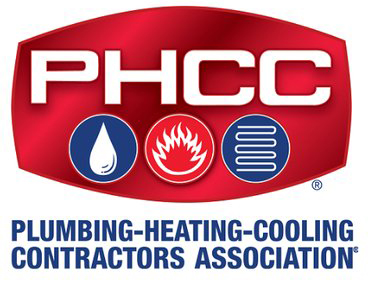When a furnace decides it doesn’t want to put out the heat any longer, that dusty old box in the garage becomes the most important thing in the world – especially in freezing temperatures.
All of a sudden, what hardly got a second thought, needs immediate attention, and it’s typically one of the few times you’ll interact with your furnace. Our HVAC techs see this daily, and they also witness scenarios where a little information and preparation could have changed everything.
First: Check the Basics.
Throughout the heating season, especially at the start, we’re often called for emergency service only to find the furnace isn’t working for one simple reason; the power is off. Before you call for help:
- Confirm the power is on at the breaker and check the power switch on or next to the equipment.
- Next, go to the wall thermostat and double check the settings. It should be set to Heat and then it should be calling for heat.
- If the furnace is blowing cold air, make sure the fan is set to “Auto” and not “On.”
- If this is a gas unit, confirm the meter is on. (If the utility company turned it off, they’ll usually put their lock on the valve).
- If this unit is propane, verify the propane tank isn’t empty.
Don’t forget the Filter.
Every forced-air ducted system will normally have a filter in it somewhere. A dirty filter can restrict airflow so severely that it shortens the life of components and can cause the furnace to overheat and stop working altogether.
Filter replacement is often forgotten, especially on rental properties (a good reason why maintenance is particularly beneficial to rental property owners). Having a professional remind the tenant to maintain the filter or having the service tech replace the filter during the furnace maintenance, will give you the peace of mind that your equipment is being taken care of at least once a year.
Backup Heat
A second source of heat can be a life saver. Portable oil filed electric heaters can provide a temporary heat source while a service technician is on the way. Never use a source of heat that produces a flame or burns fuel unless it is properly installed to vent exhaust out of the house (Portable kerosene heaters, barbeques, camp stoves, are examples of what NOT to use).
What About Maintenance?
Whether you’re risk averse, or choose to gamble, some things can’t be ignored. In addition to the regular filter maintenance you should be already doing, the EPA, fire departments, and equipment manufacturers all recommend annual equipment maintenance by a professional. Plus, professionally tuned equipment will help keep operation costs down and verify safety and proper operation.
Most maintenances can be done without any additional repairs, though a good technician may have some recommendations. If you believe in maintenance, finding a company you can trust is key.
Before you call
Regular maintenance will carry you a long way. But just in case your furnace does fail, and you need emergency help now, figure out who you can count on… before you call.
Will they help at night when you come home from work and your house is cold? What about holidays and weekends? Do they have good reviews online? Are their technicians NATE Certified, Background checked, and drug screened? What does the BBB say about them? Can you trust them? These questions are often overlooked when choosing a company under the pressure of an emergency yet can make all the difference when it comes to having someone work in your home.
Starting over
Okay, so you’ve had the tech over, and he proclaimed your furnace D.O.A. Given enough time, it happens to the best of furnaces. Here are a few tips to ensure your next furnace lives a long, healthy life.
- Purchase a quality brand
- Make sure the equipment is sized properly for your home
- Get a top-notch professional to do the installation
- Perform regular filter maintenance as required by the type of filtration
- AND (here it comes…) consider Annual Professional Maintenance
We’ve given you some tips you can use if your furnace decides to go “south for the winter” and shared some things that might help such a catastrophe from happening. They’re simple and basic ideas that can help save you time and money. If they’re beyond your abilities, or you’re reluctant to try them, don’t take any chances. Call a trusted professional. You won’t regret it.
May the remainder of your winter be warm and uneventful!
###
Bruce Davis Jr. General Manager Day & Nite Plumbing & Heating, Inc.
Bruce is a second-generation plumber and HVAC technician. He earned his Commercial Plumbing License and later became N.A.T.E. Certified and E.P.A. Refrigerant Certified for HVAC service and repair for commercial and residential HVAC appliances. Bruce has years of experience as an HVAC Technician, Boiler Technician, and Plumber. He is now General Manager for the company he has been with his entire career and oversees the Plumbing, Heating, and Air Conditioning business for Day & Nite Plumbing & Heating, Inc.

